High School Biology: Construction
Construction is the process of building or assembling structures, materials, or systems. In biology, construction can refer to the building of biological structures within organisms, such as the construction of proteins, cell walls, and tissues.
Key Concepts in Construction
- Cellular Construction: Cells construct various molecules and structures necessary for their survival and function, such as proteins, membranes, and organelles.
- Tissue Formation: Cells come together to form tissues through a process of construction, creating specialized structures with specific functions in organisms.
- Organismal Development: Organisms undergo construction processes during development, including the formation of organs, skeletal structures, and physiological systems.
Study Guide
To understand the concept of construction in biology, it is important to study the following topics:
- Cellular Construction: Learn about the construction of proteins, lipids, and carbohydrates within cells. Understand the role of ribosomes, endoplasmic reticulum, and Golgi apparatus in protein synthesis and processing.
- Cell Wall Formation: Explore the construction of cell walls in plant cells and the role of cellulose, hemicellulose, and pectin in providing structural support.
- Tissue Formation: Study the construction of epithelial, connective, muscle, and nervous tissues in multicellular organisms and their functions in maintaining homeostasis.
- Embryonic Development: Examine the construction of embryonic structures during development, including the formation of germ layers, organogenesis, and tissue differentiation.
- Genetic Regulation: Understand how genetic information is involved in the construction of biological structures, including gene expression, transcription, and translation.
By mastering these topics, you will gain a comprehensive understanding of construction in biology and its significance in the functioning and development of living organisms.
.◂Biology Worksheets and Study Guides High School. Genetics and heredity II
Worksheet/Answer key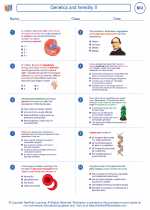 Genetics and heredity II
Genetics and heredity II  Worksheet/Answer key
Worksheet/Answer key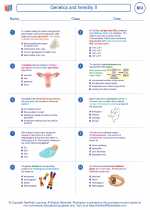 Genetics and heredity II
Genetics and heredity II  Worksheet/Answer key
Worksheet/Answer key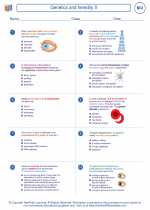 Genetics and heredity II
Genetics and heredity II  Vocabulary/Answer key
Vocabulary/Answer key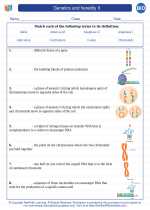 Genetics and heredity II
Genetics and heredity II  Vocabulary/Answer key
Vocabulary/Answer key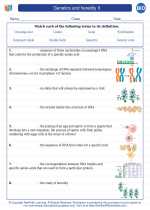 Genetics and heredity II
Genetics and heredity II  Vocabulary/Answer key
Vocabulary/Answer key Genetics and heredity II
Genetics and heredity II  Vocabulary/Answer key
Vocabulary/Answer key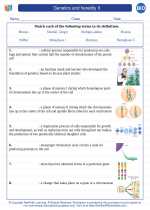 Genetics and heredity II
Genetics and heredity II  Vocabulary/Answer key
Vocabulary/Answer key Genetics and heredity II
Genetics and heredity II  Vocabulary/Answer key
Vocabulary/Answer key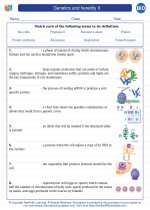 Genetics and heredity II
Genetics and heredity II  Vocabulary/Answer key
Vocabulary/Answer key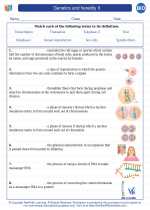 Genetics and heredity II
Genetics and heredity II 

 Worksheet/Answer key
Worksheet/Answer key
 Worksheet/Answer key
Worksheet/Answer key
 Vocabulary/Answer key
Vocabulary/Answer key
 Vocabulary/Answer key
Vocabulary/Answer key
 Vocabulary/Answer key
Vocabulary/Answer key
 Vocabulary/Answer key
Vocabulary/Answer key
 Vocabulary/Answer key
Vocabulary/Answer key
 Vocabulary/Answer key
Vocabulary/Answer key
 Vocabulary/Answer key
Vocabulary/Answer key

The resources above cover the following skills:
LIFE SCIENCE (NGSS)
Heredity: Inheritance and Variation of Traits
Students who demonstrate understanding can:
Ask questions to clarify relationships about the role of DNA and chromosomes in coding the instructions for characteristic traits passed from parents to offspring.